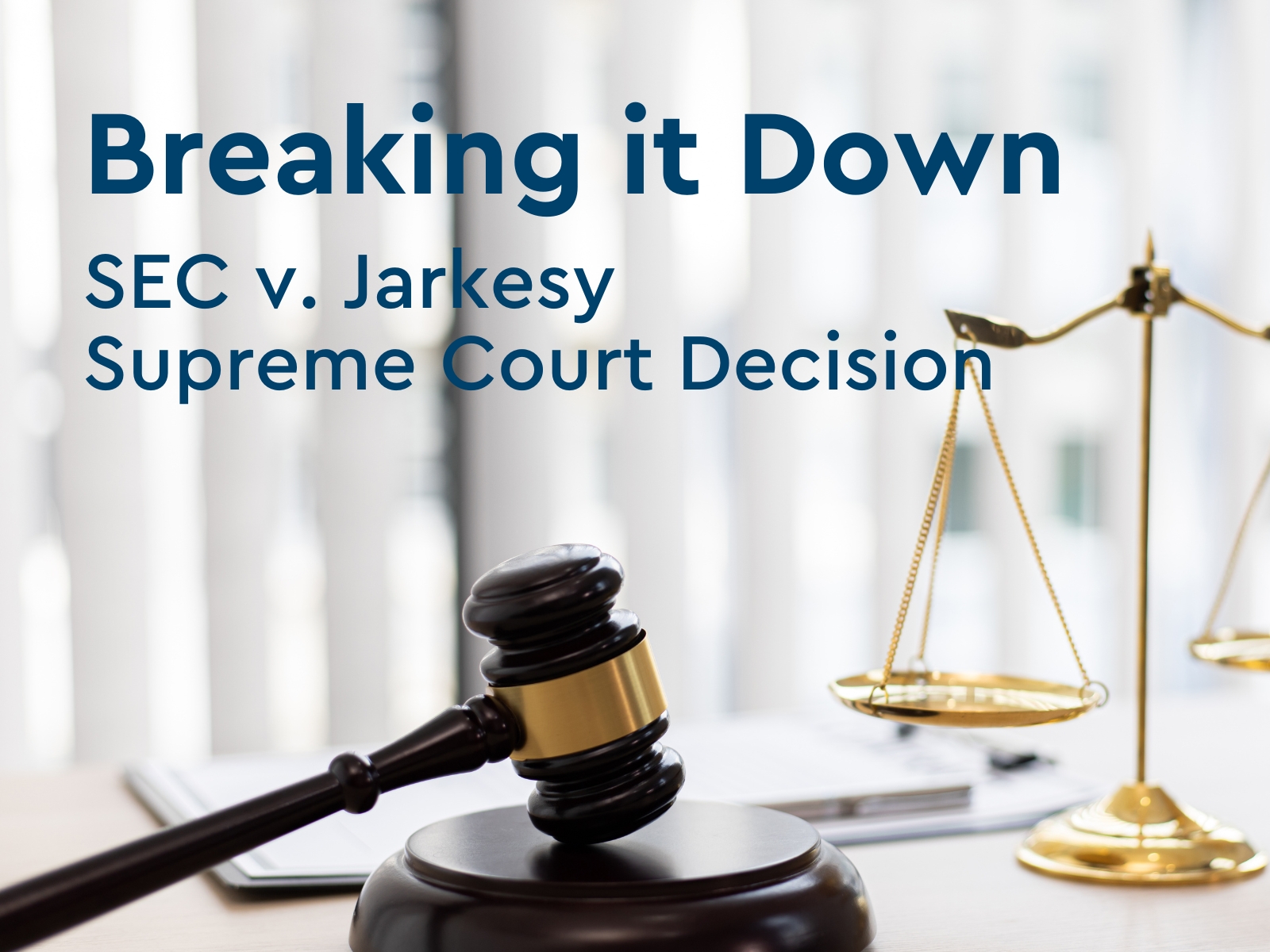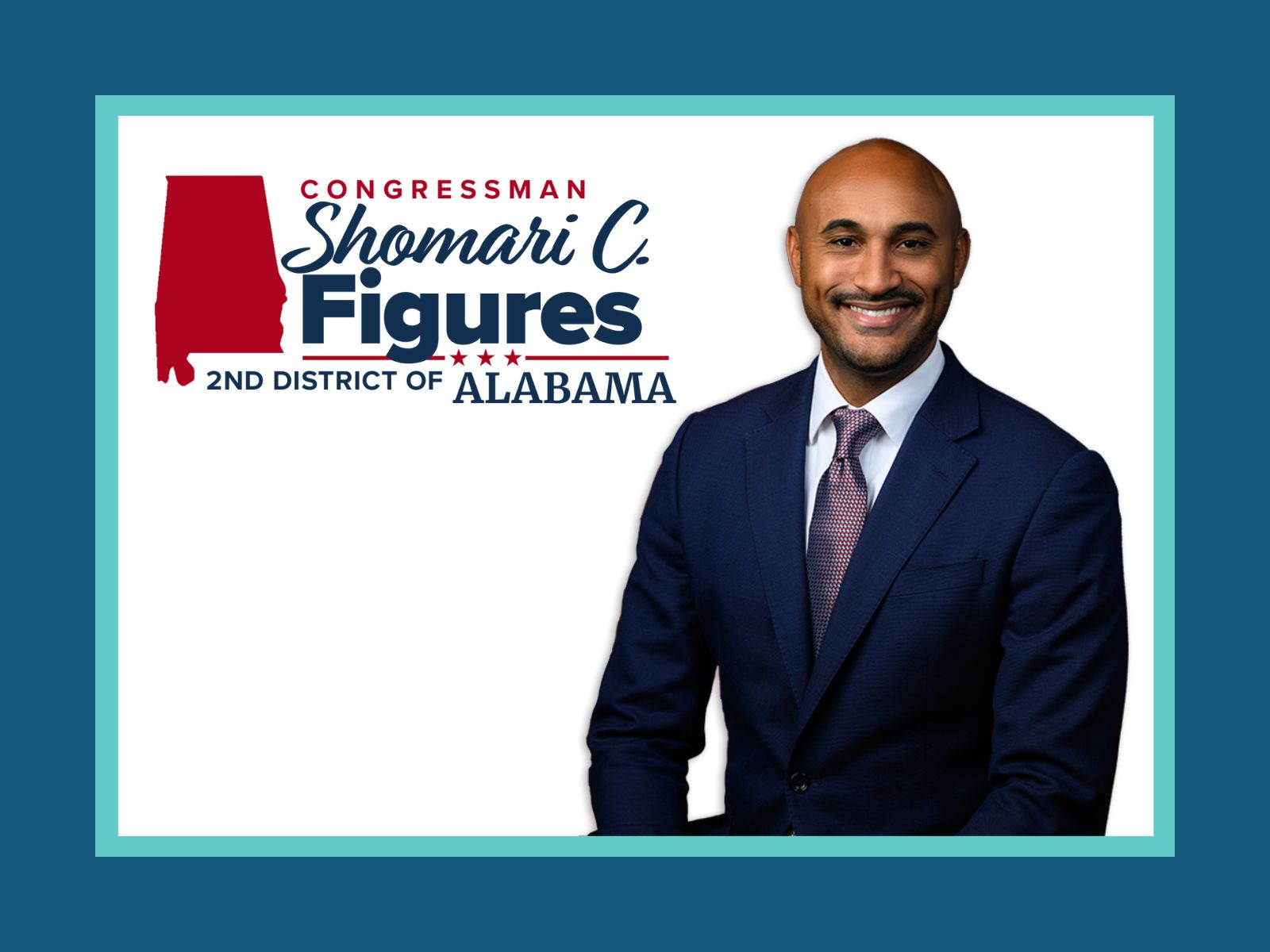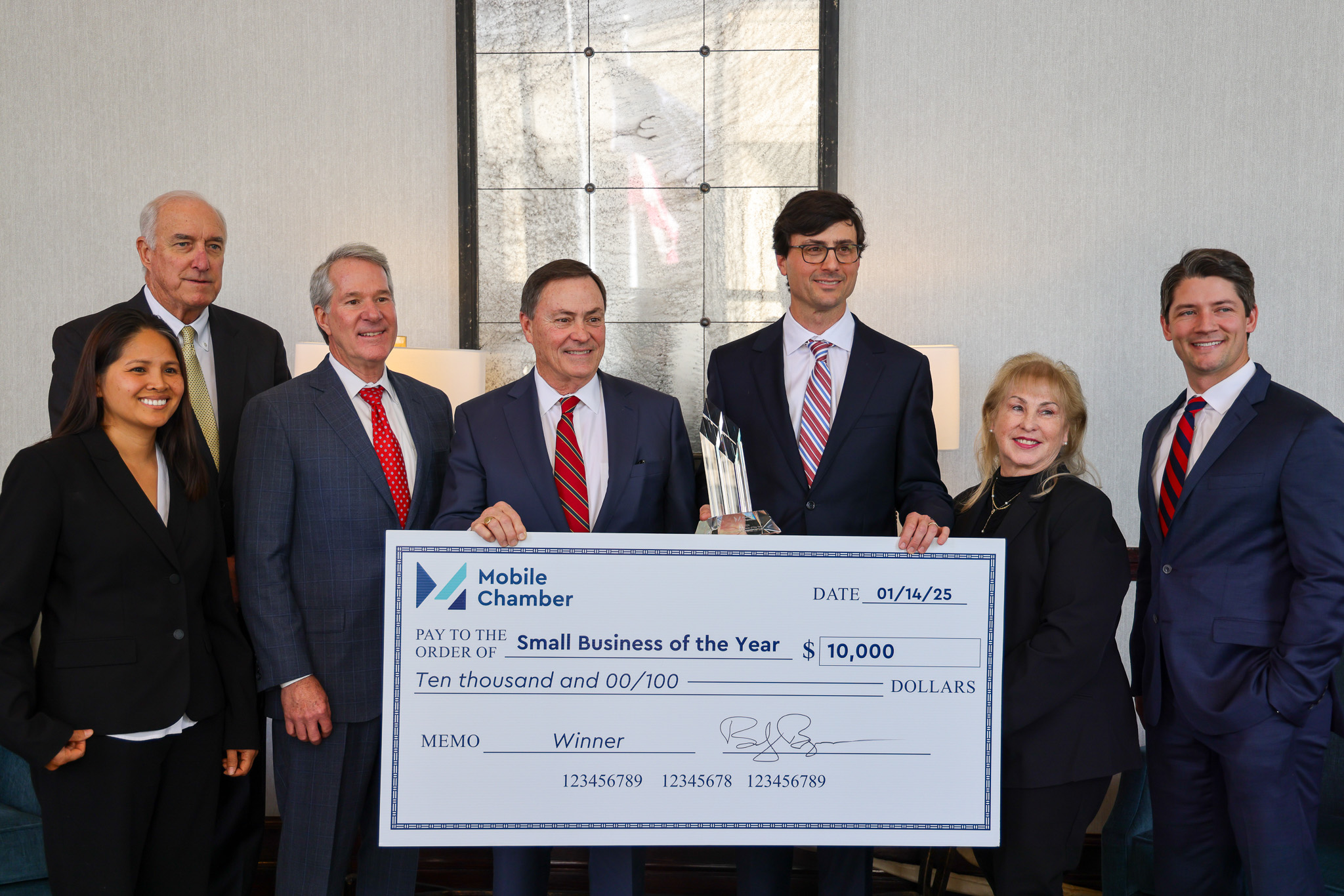Breaking it Down: SEC v. Jarkesy Supreme Court Decision
Mobile Chamber President and CEO Bradley Byrne breaks down the U.S. Supreme Court’s decisions and how they may impact the local business community.
By: Bradley Byrne
The SEC v. Jarkesy case involves the right to jury trial in administrative actions which result in civil money penalties.
The history: The right to jury trial was recognized in the common law long before the US Revolution.
When the British started punishing American colonists for their refusal to comply with the new taxation following the very expensive victory against the French in the Seven Years War, one of their tactics was to assign the cases to the equity and maritime courts which operated without juries. Both the Stamp Act Congress and the First Continental Congress complained of this practice, and it was one of the bases for the Declaration of Independence. When the First Congress under the new Constitution met in New York in 1789 one of its early acts was to pass the Bill of Rights as amendments to the Constitution. The Seventh Amendment was deemed necessary to assure the right to jury trial. So it’s fundamental law.
The Amendment reads as follows:
In suits at common law, where the value in controversy shall exceed
twenty dollars, the right of trial by jury shall be preserved, and no
fact tried by a jury, shall be otherwise re-examined in any Court of
the United States, than according to the rules of common law.
The Jarkesy case involved a Securities and Exchange Commission fraud enforcement administrative action. The SEC has two options in such cases: bring a case in Federal district court or, after passage of the Dodd-Frank Act, file an administrative action to be tried by an executive appointed administrative law judge. In Jarkesy they chose the latter route. Jarkesy was found in violation of the SEC’s authorizing statute and the administrative law judge imposed a civil penalty.
Jarkesy argued that the levying of a civil penalty without a jury trial violated his rights under the Seventh Amendment. Justice Roberts once again led a six-member majority holding that the civil penalty was subject to the Seventh Amendment requiring a trial by jury and that use of an administrative law judge was a constitutional violation.
This case is also a huge win for the business community because many departments and agencies use administrative law judges to enforce regulations, and they frequently levy similar civil penalties. While it seems straightforward, there is a recognized exception when so called “public penalties” are levied in actions which the courts deem not to be “suits at common law.” But, these are rare and the Supreme Court seems unlikely to uphold many cases under this exception.
It will be an agency by agency, statute by statute review, but agencies will think twice now before going to an administrative law judge for enforcement and jury trials are time consuming and expensive. There should be fewer administrative law judge actions and fewer overall efforts at enforcement.
*Chamber members should consult with their counsel to determine how this case might affect enforcement actions against them.

Stay Connected
Fill out and submit the form below to get regular updates from Mobile Chamber delivered directly to your inbox.






